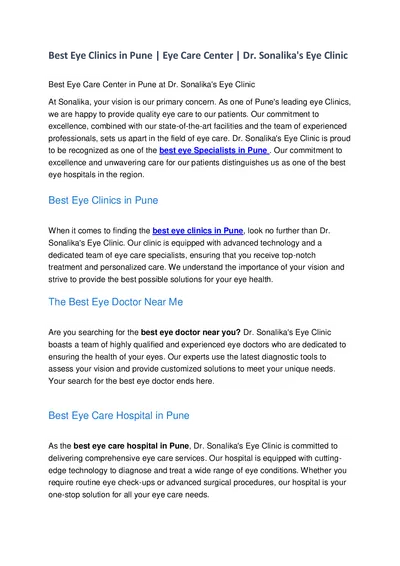PDF-(READ)-Principles of Green Bioethics: Sustainability in Health Care
Author : dioneallington86 | Published Date : 2022-08-31
Health care is ubiquitous in the industrialized world Yet every medical development technique and procedure impacts the environment Green bioethics synthesizes environmental
Presentation Embed Code
Download Presentation
Download Presentation The PPT/PDF document "(READ)-Principles of Green Bioethics: Su..." is the property of its rightful owner. Permission is granted to download and print the materials on this website for personal, non-commercial use only, and to display it on your personal computer provided you do not modify the materials and that you retain all copyright notices contained in the materials. By downloading content from our website, you accept the terms of this agreement.
(READ)-Principles of Green Bioethics: Sustainability in Health Care: Transcript
Download Rules Of Document
"(READ)-Principles of Green Bioethics: Sustainability in Health Care"The content belongs to its owner. You may download and print it for personal use, without modification, and keep all copyright notices. By downloading, you agree to these terms.
Related Documents














